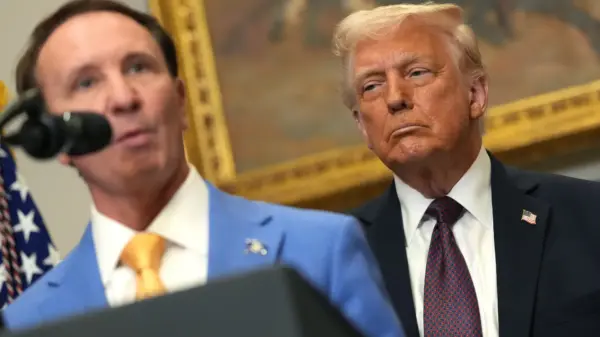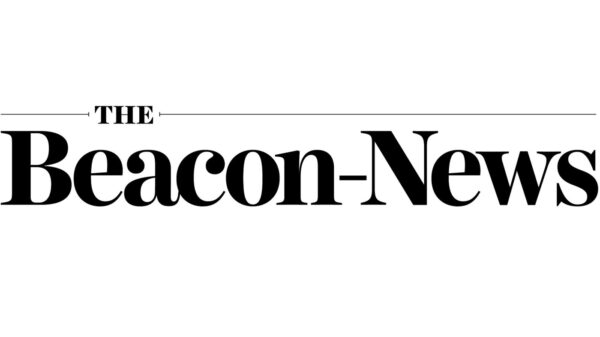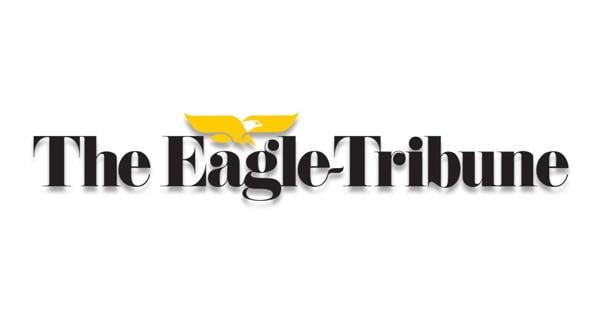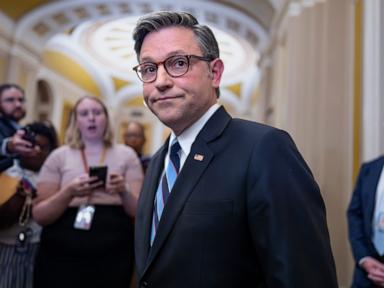UPDATE: As the federal government shutdown enters its tenth day, urgent negotiations over Affordable Care Act (ACA) subsidies threaten to impact millions of Americans. The critical health insurance subsidies, which help consumers pay for their monthly premiums, are at a standstill as lawmakers struggle to reach a temporary spending agreement.
With open enrollment for ACA plans set to begin on November 1, the looming expiration of these subsidies at the end of the year could lead to devastating financial consequences for families nationwide. Experts warn that failing to approve these subsidies could result in an average premium increase of 114% for those relying on marketplace plans.
Consumer sentiment is rapidly declining as the government shutdown continues, prompting rising concerns about economic stability. House Speaker Mike Johnson has downplayed the urgency, stating, “That’s a Dec. 31 issue,” during a recent news conference. However, Democrats argue that the timing is crucial, emphasizing that immediate action is needed to protect American families.
According to Melinda Buntin, a professor at Johns Hopkins, the lack of approved subsidies could significantly increase financial burdens. “These subsidies are so salient and will directly affect the pocketbooks of millions of Americans,” Buntin noted. Without them, estimates suggest gross benchmark premiums could rise by 4.3% in 2026 and 7.7% in 2027.
In a recent poll, a staggering 78% of Americans expressed support for extending the enhanced ACA subsidies, including more than half of Republicans. House Minority Leader Hakeem Jeffries highlighted the urgent need for action, stating, “Unless we extend the Affordable Care Act tax credits, tens of millions of Americans are about to experience dramatically increased premiums, co-pays, and deductibles by thousands of dollars per year.”
Experts warn that the impact will be particularly severe for low-income families and adults who do not qualify for Medicaid. “Many working families make too much for Medicaid but not enough to afford skyrocketing premiums,” said Naomi Zewde from UCLA.
Amidst these concerns, discussions in Congress remain tense. President Donald Trump recently hinted at potential negotiations with Democrats regarding health care subsidies, stating, “We have a negotiation going on with the Democrats that could lead to good things.” However, a spokesperson for the Department of Health and Human Services shifted blame onto Democrats, accusing them of risking major health programs by refusing to reopen the government.
As lawmakers continue to clash over funding, the potential for resolving the subsidy issue remains uncertain. Legal experts suggest that even if the subsidies lapse, a retroactive deal could be struck to address the situation. However, the longer the shutdown persists, the more challenging negotiations will become.
With millions of Americans relying on these subsidies, the urgency for a resolution cannot be overstated. The coming days will be crucial as the deadline for open enrollment approaches and families brace for potential financial strain.
As the situation develops, all eyes will be on Capitol Hill, where the stakes are high and the clock is ticking.







































































